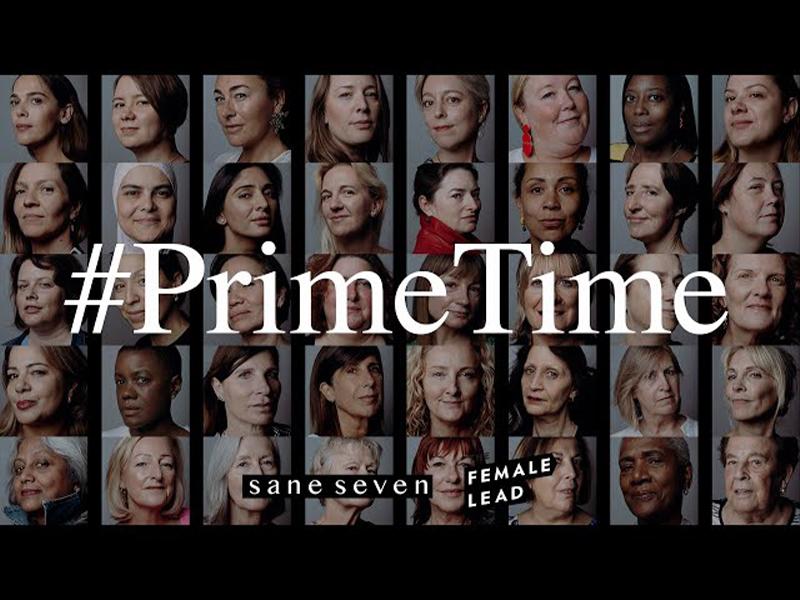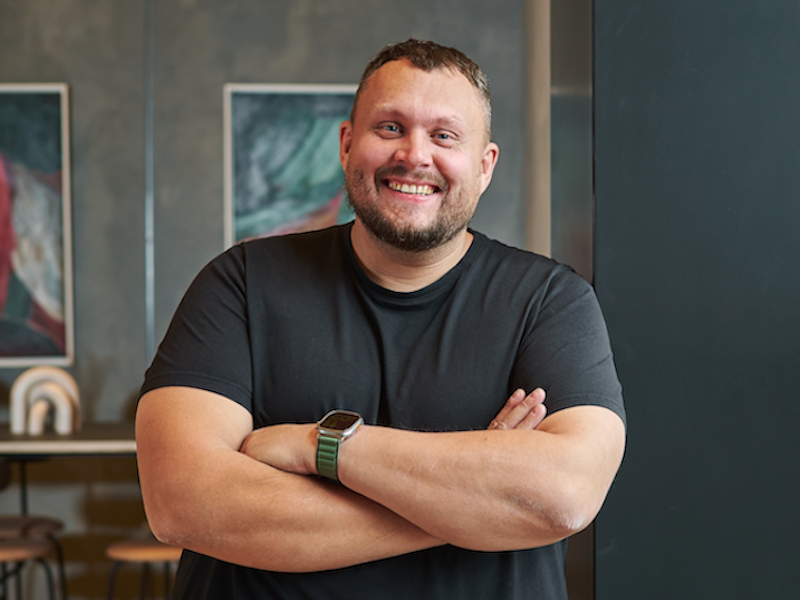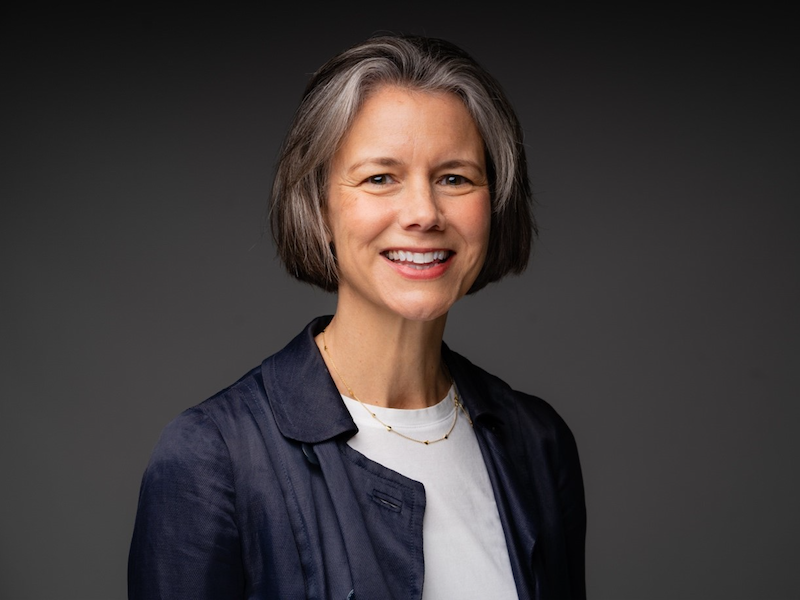Stephen Mercer is a partner and leads Deloitte’s technology consulting practice.
Stephen advises clients on implementing technologies to support business change, increase business performance and improve governance. He is based in Manchester.
Why do you support the HeForShe campaign? For example – do you have a daughter or have witnessed the benefits that diversity can bring to a workplace?
I am married to an Aerospace engineer who worked for 20 years in a male dominated environment and I saw first-hand how attitudes at the time impacted her both at work and sometimes at home. Whilst every industry and sector has moved on, in many cases considerably, my memories of her experiences still make me cringe.
In more recent years as the leader of Deloitte’s technology business I have an important ongoing responsibility for ensuring we promote and maintain a respectful and inclusive culture which allows everyone to flourish.
And yes, I do have a daughter who currently (despite my best promptings) refuses to code : (
Why do you think it’s important for men to support gender equality in the workplace?
Ultimately, we’re all striving to develop leadership teams which reflect society. The technology sector and other industries which rely more heavily on STEM based students, have on ongoing challenge to attract the right numbers of women into the workplace and then support women through their careers into leadership positions. Positively, attitudes and practices have changed and are changing much more quickly now thanks to exciting communities and bodies such as WeAreTechWomen, Women Who Code, CodeFirst:Girls, STEMettes Everywoman and others. However, many leadership teams are still predominantly male. Therefore, expecting women to be the sole proponents of supporting and driving gender equality simply doesn’t work. Men need to play a prominent role too. I do believe most male leaders also want to see change and are committed to making it happen.
At Deloitte my Technology leadership team have performance goals which relate to our firm-wide gender diversity aims. All leadership team members also mentor women in their teams, particularly at the manager and senior manager grades where we still see the greatest attrition.
How welcome are men in the gender equality conversation currently?
We are talking about gender balance and equality and you can’t achieve this or expect it to be solved by only engaging 50 per cent of the population. In my own experience, I do believe that how welcome men feel in the conversation can range quite significantly. I’ve been to many events where I felt hugely welcomed and it’s enabled me to develop really importance insights, for example on topics such as unconscious bias, by listening to the experiences of women in the workplace. I still go to the odd event where being one of the few pale (but hopefully not too) stale, males in the room where it can be a little uncomfortable. However it’s inevitable as society goes through this important transition that there is a lot of pent up ambition, emotion, and occasionally even anger. Men and women are passionate about making change rapidly so I’m ok with this, it just demonstrates that it’s important.
Do you think groups/networks that include the words “women in…” or “females in…” make men feel like gender equality isn’t really their problem or something they need to help with?
It’s an interesting question. I think great awareness and progress has been driven through grass roots initiatives and organisations and networks which are gender based. And I think there will continue to be a need for these groups to exist for a little while yet. I believe they have greatly shifted the dial and been instrumental in increasing the number of girls and women choosing technology as a career.
They have also helped men to understand the need for dedicated communities focussing on this important issue that there is a problem that needs solving and its scale. I don’t think they make men think that gender equality isn’t their problem but sometimes may feel they can’t join the network or community or contribute to its success because they aren’t of that gender. This means they sometimes aren’t sure how best they can help.
What has been helpful for us at Deloitte is also focusing on respect and inclusion and creating an environment and culture that works for all. This means that everyone is part of and responsible for creating and driving change that benefits everyone.
What can businesses do to encourage more men to feel welcome enough to get involved in the gender debate?
I think a lot of it is around education. When I first took on my current role, I felt a little nervous about saying the wrong thing. There are so many different perspectives for example on whether targets are a good thing or not (I strongly believe they are and back this up by the difference they have made to improving gender diversity in my own business), that you can spend too much time worrying about upsetting a community and not getting on and dealing with the issues.
I’m fortunate to be supported by a great Respect and Inclusion team including Shilpa Shah who also leads our Women in Tech Network and Programme which now has over a 1000 members. She took me on a roadshow of women in tech meetings and events which educated me on the nature of the problems we’re facing in the industry and this helped me find my own voice and purpose. This enables me to speak much more authentically than I would have otherwise done.
Do you currently mentor any women or have you in the past?
Yes we have a formal mentoring programme and all of my leadership team provide mentoring, but really most of the partners in Deloitte now do this on an informal basis. As I mentioned earlier my main objective is to reach down into the manager and senior manager grades in our structure where we still see too many women leave the industry.
Have you noticed any difference in mentoring women – for example, are women less likely to put themselves forward for jobs that are out of their comfort zones or are women less likely to identify senior roles that they would be suited for?
I don’t want to generalise or stereotype but there is a tendency for women to want to be 100 per cent ‘ready’ before they consider putting themselves forward for role. This is clearly a key point in a consulting business where new roles on different client engagements open up daily. However the thing which I notice most frequently when mentoring women is how they react to my questions:
1) what would you like to be doing in two-three year’s time?
2) how will you get there?
3) who can support you achieving this?
In my experience men typically have much greater clarity on the third point. Meaning they’ve thought about who their stakeholders are and how they will find a way to interact and if necessary influence these people. Clearly there a huge number of things which go around this, including the fact work socials have frequently been developed by men for men and funnily enough more men got to know more men…however there are many practical ways you can meet, support, and work with your stakeholders in a way which can help your goals. This is one area I encourage all my mentees to develop their thinking.









